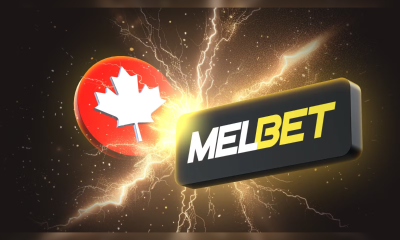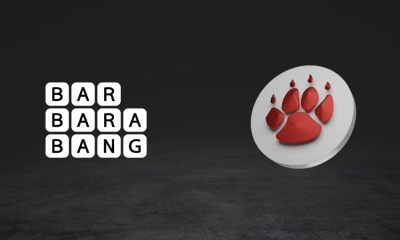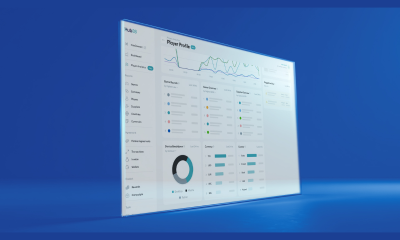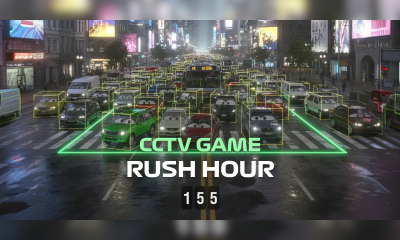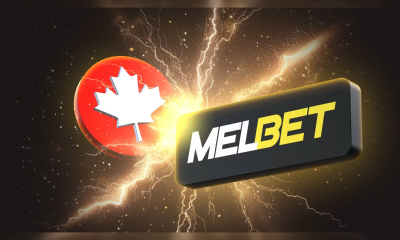Latest News
Extendy. How much does it cost to operate an online casino?
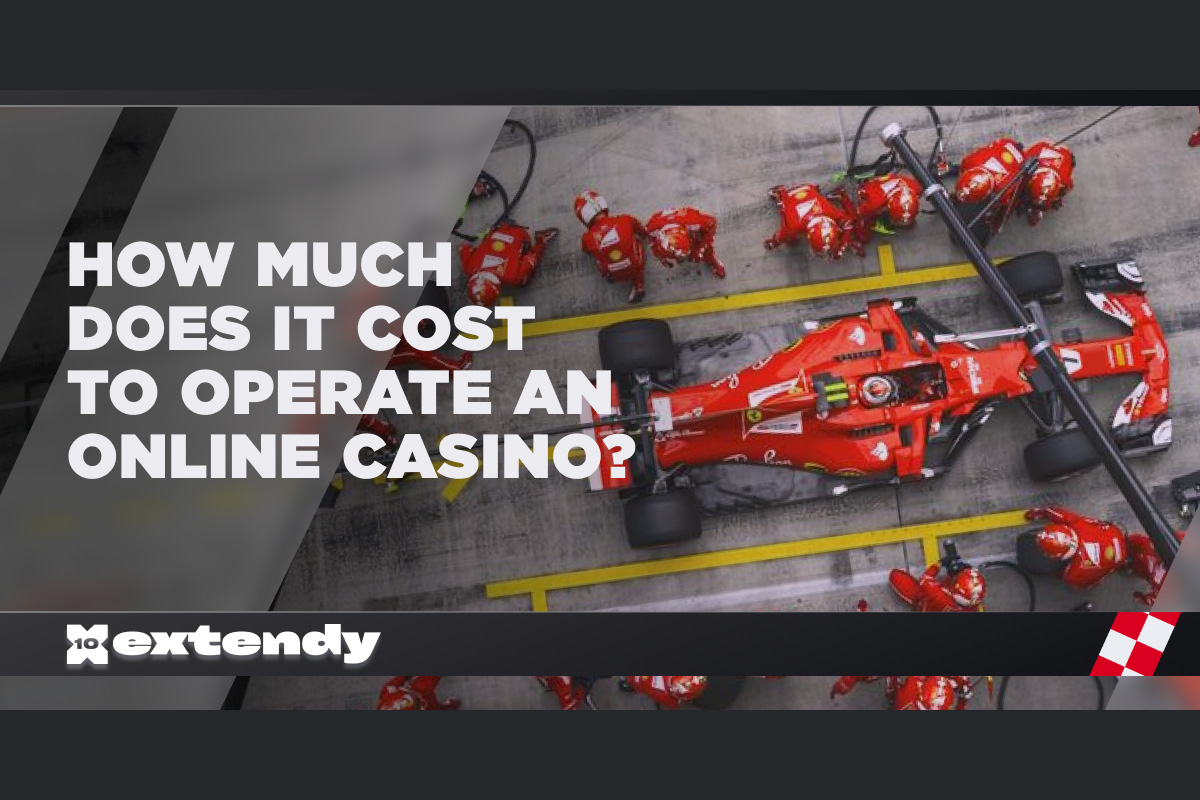
When thinking about launching their own online casino, many arbitrageurs consider a white label solution as the best option. With so many platforms on the market to choose from, it’s no wonder that many may feel deterred by all the work involved. Fully-fledged, high-level operations are offered only by a few white label casinos. What’s more, attempting to launch an online casino by one’s self essentially involves building a new business from scratch with all the risks and pitfalls that accompany it.
In this article, we will discuss all that goes into launching and operating an online casino based on one of our experience, the main departments and tasks involved, the number of employees needed at the start, and the costs involved in employing teams of iGaming professionals.

Payment Processing / PSP
Deals with player payment processing – from connecting payment methods to quickly resolving issues with deposits.
While part of the team monitors deposit drops, the other works ‘on the front line’ 24/7. This involves handling all player requests, and financial reconciliation. The Payment Processing department also ensures the necessary number of payment methods and their proper functioning: searching by GEO, signing, testing, integration, routing (switching payment methods), and communicating with payment account managers.
Included in the tasks of the Payment Processing team are helping to avoid signing unreliable payment methods, ensuring quick onboarding and annual payment method verification, quickly resolving deposit issues, and thus avoiding additional chargeback fees.
The department includes monitoring managers, inbound request handlers, business developers, lawyers, account managers, and technical specialists. To set up a PSP team would require at least 5 employees, with the cost of the team starting from €9000 depending on the location.
Payments, Risk & Fraud
Handles KYC, regulates payments, conducts checks when necessary, and identifies and combats fraud. While the team primarily uses automated solutions in their daily tasks, a significant part of the daily work is performed by employees.
Payment verification is carried out in several stages. Identifying fraud sometimes resembles detective work – one needs to study the overall behavior of different groups of players and look for patterns. Fraud is constantly evolving which also means employees in this department will be continuously analyzing, adjusting and tweaking processes to prevent fraudulent clients from returning, and to prevent various risks, including license complaints.
The department’s work affects direct potential losses from fraud, which can be quite substantial. A few months back, thanks to the quick work of the Payment, Risk and Fraud’s team, we were able to promptly identify and prevent a potential case of abuse of funds which could have cost us several hundred thousands of dollars.
When setting up a Payment, Risk and Fraud team, you could expect small volumes of FTDs (First Time Deposits). This means you can start off with a team of 6 employees which would cost around €9000 a month. Training employees and finding employees who are well-experienced in identifying unusual fraudulent schemes can prove to be particularly difficult, so these aspects should be taken into consideration.
CRM
Responsible for tournaments and gamification, this department’s key functions are player retention and upselling. The functionality can vary depending on which CRM system is used: more advanced solutions allow you to set up more flexible chains of actions and bonuses, quickly connect new GEOs, introduce player missions, and much more. However, such systems require more experienced employees to launch and manage activities for different segments of players, including VIPs.
When setting up your online casino, you could be looking at recruiting three CRM managers for one brand, and, depending on the location and the managers’ experience, the cost could begin at around €8000. Once again, it is important to consider the few experienced specialists on the market which could mean the price could be even higher.

Game Management
Responsible for negotiating with game providers and discussing promotions with game studios. The game management department also handles the placement of games on the casino site while taking the GEO into account. For instance, players in different countries will likely prefer different games. Localisation and dedicating proper prioritization to players will help increase casino revenue.
Specialists with a deep understanding of games and the markets might be hard to come by, and the cost of one manager when setting up a brand could start at around €2000 depending on the location.
Content
Responsible for player communication. This includes explaining tournament rules, drafting marketing material about upcoming tournaments and campaigns, drafting notifications, email newsletters, Gamble Addiction & Anti-Money Laundering policies, payout rules, various terms and conditions, and much more.
Discrepancies in the terms and conditions of ongoing tournaments can lead to thousands of support requests and even more serious consequences such as discrepancies in payout limits indications, followed by player complaints and license revocation.
When launching your content department, each language team can consist of 3 content writers who are native speakers of the language they are writing in, with each team costing around €5000 per month.
BI Analytics
One of the most important departments in an online casino, its main aim is to help the business make the right decisions. BI is critical for marketing, VIP management, CRM, antifraud, payments, and much more. The analytics team processes huge amounts of data from various sources, allowing other departments to monitor important metrics, evaluate efficiency, and optimize work.
Building an effective BI Analytics department can take up to a year and costs start from around €300,000 per year. The main expenses are the employees, software, and hardware. We should point out that investing more in the employees, or choosing rather to invest in the software aspect will have an effect on the level of automation but will not significantly impact the final cost.
While “Ready-made solutions” usually provide access to an analytical solution, there still needs to be someone who will manage it. Therefore, an operational team with high expertise is needed. Its size can vary from 5 to 20 employees depending on the tasks and solutions used. On average, the cost of the team’s work, including software and hardware expenses will be around €25,000 euros per month. An analytics team can start out with three employees, and can cost about €14,000 euros per month.
Support
This is the first point of communication for players, and the quality of the department’s work directly affects player retention and loyalty. Properly written player communication scripts, case resolution algorithms, and team training help with this.
Support agents work 24/7 to help solve various problems encountered by players regarding fund deposits and withdrawals, player and payment verification, and account settings. Customer support agents also explain tournament rules, promotions and campaigns, as well as casino features such as bonuses, missions, etc.
An effective customer support team usually includes between 20 to 70 customer support agents, depending on the level of automation and the GEOs involved. As the number of GEOs grows, finding enough employees with the required language skills and suitable experience can be a challenge. When setting up a customer support team, you need to consider starting out with at least 6 people, and the cost of this team would be around €7000.
Call Center
Partially complements support functions in solving new player problems but also performs other important business tasks, such as reactivation. A properly set up call center could mean a return of up to 20% of players.
Another function of call centers is collecting feedback and passing it onto the product team. For example, optimizing bonuses could result in players receiving more attractive rewards and an increase in deposits for the casino.
A call center department can start off with two employees, and can cost around €3000 per month.
VIP Management
Working with VIP players is key in casino operations, ensuring retention of high-paying clients and revenue growth. VIP managers develop a VIP management strategy and set metrics to classify clients as VIPs, such as average bet size, frequency of play, or deposit amount.
The main principle in working with VIPs is to provide a highly personalized service through creating exclusive promotions and bonuses based on the VIP players’ preferences and actions on the site. Unique bonus calendars need to be developed for each product the client plays: casino, sports, live.
The VIP manager should have a good sense of the player, a desire to solve problems, and have a sense of empathy, as well as be able to upsell bonuses, games, and other offers to the client.
The department also handles objections, resolves complex cases, and legal issues together with lawyers and other departments such as Risk & Fraud.
When starting out, a VIP department can consist of two managers, and should cost around €6000.

Conclusion
When launching an online casino, you’ll be looking at a minimum of 30 professionals and a minimum monthly cost of €63,000. This amount is based on CIS countries and only includes the net salaries of department heads and employees, mainly at mid-level. When hiring on the international market or head-hunting the best industry professionals, you could be looking at double the cost per team, and possibly higher.
Extendy is a white label solution that offers turnkey operations without additional costs for partners. We look forward to discussing the possibilities of launching your online casino brand. Reach out to us by filling in an application on the website if you want to discuss the possibility of cooperation and launching your casino brand with us.
The post Extendy. How much does it cost to operate an online casino? appeared first on European Gaming Industry News.
CasinoCanada
CasinoCanada announces new partnership with MelBet
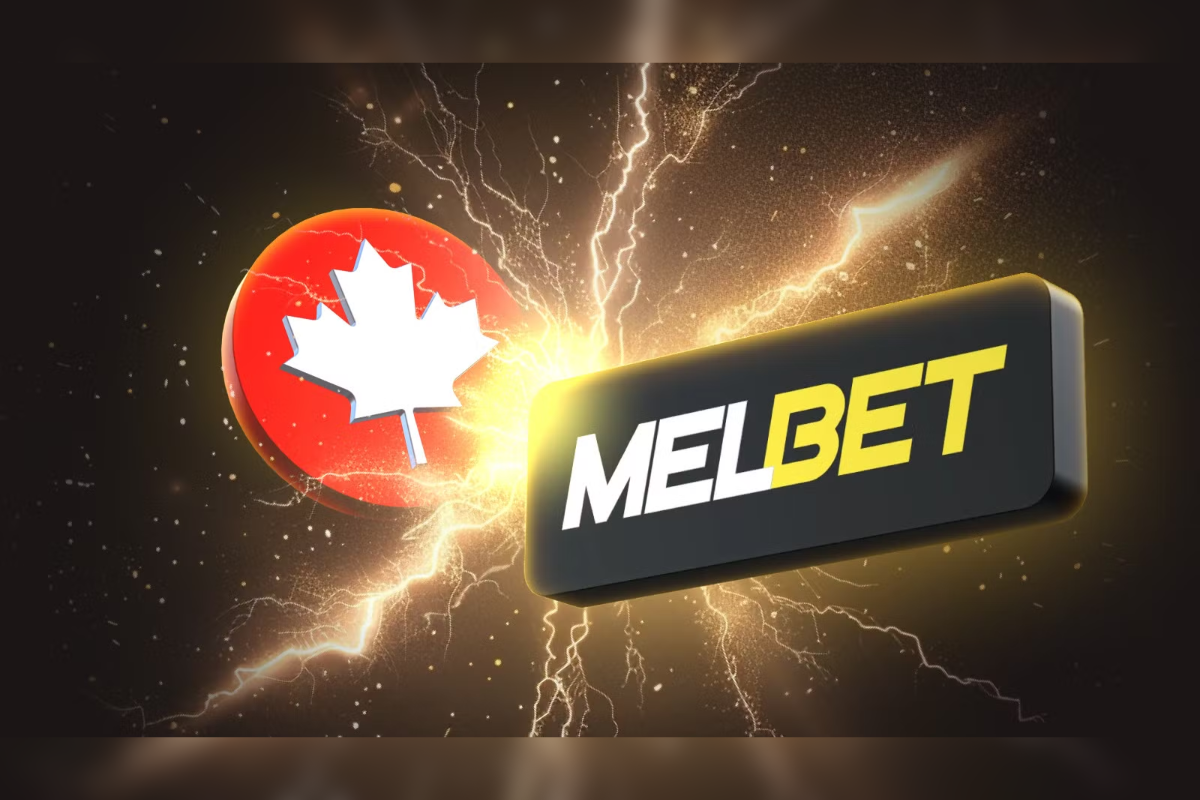
CasinoCanada has announced a strategic partnership with MelBet, the international betting and gaming operator, aimed at expanding the brand’s footprint in Canada through dedicated content and brand representation on CasinoCanada’s digital platforms.
Under the agreement, CasinoCanada.com will produce detailed reviews and SEO-focused content tailored to Canadian audiences. The partnership is designed to provide users with clear, transparent information about MelBet’s products and services, while enhancing the operator’s visibility in Canada and driving traffic to the MelBet website.
CasinoCanada is operated by SEOBROTHERS, and Eugene Ravdin, Head of PR, said:
“MelBet operates across multiple international markets and has established a consistent presence in the iGaming industry. Through CasinoCanada, we will focus on delivering clear, data-based content tailored to users in Canada and quality traffic to the MelBet website. This partnership is structured around transparent communication and long-term cooperation.”
MelBet offers daily betting on over 1,000 events across sports and esports, alongside a wide range of slots from more than 120 global providers. The brand has earned multiple accolades, including Best Online Gambling Operator (EVENTUS 2023), Best Affiliate Program (SiGMA Africa Awards 2024), and Live Casino of the Year (AffPapa iGaming Awards 2024).
The operator’s high-profile sports partnerships feature legends such as Andrés Iniesta, Didier Drogba, and Kamaru Usman. In October 2025, MelBet extended its agreement as Juventus’ official betting partner in MENA and Africa, while Spanish La Liga and professional Dota 2 organisation OG Esports further enhance its global portfolio.
Anastasiia Shcherbyna, CMO at MelBet Affiliates, commented:
“Working with CasinoCanada has been smooth and efficient. They understand the specifics of our brand, communicate clearly, and consistently deliver on their commitments. We appreciate their professional approach and see strong potential for long-term cooperation.”
This collaboration positions MelBet for sustained growth in Canada, leveraging CasinoCanada’s content expertise and digital reach to strengthen brand awareness and user engagement.
The post CasinoCanada announces new partnership with MelBet appeared first on Eastern European Gaming | Global iGaming & Tech Intelligence Hub.
Barbara Bang
QTech Games Amplifies Action Through Barbara Bang Integration
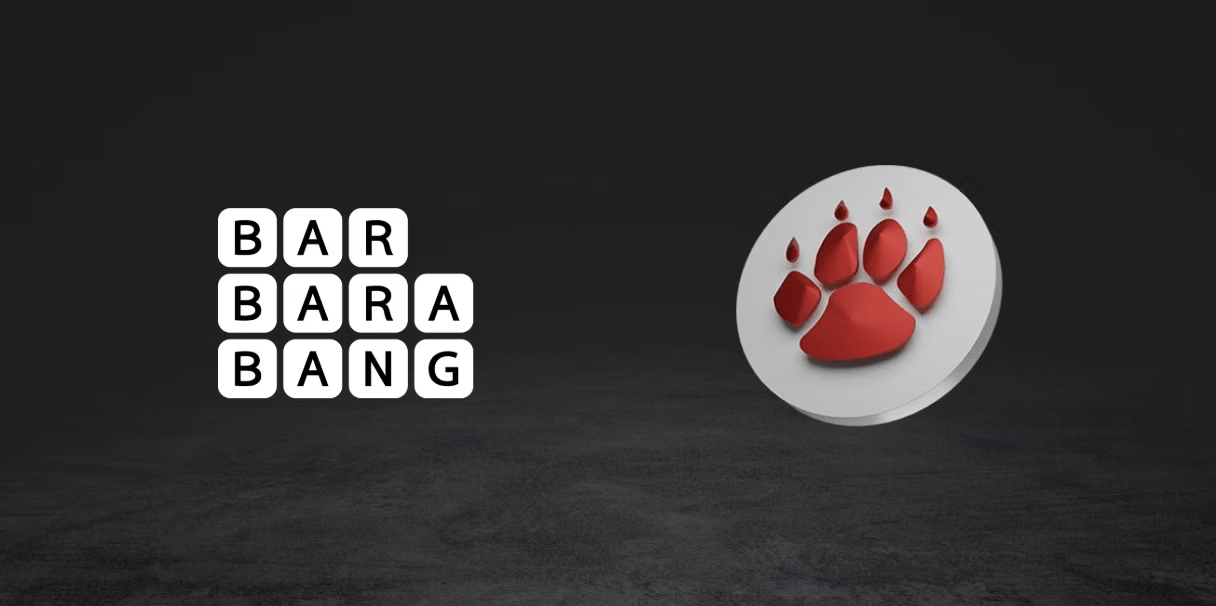
Emerging-markets leader enhances its content selection with new games from a rising contender.
QTech Games, the premier game aggregator for emerging markets, has sustained its robust momentum in its pipeline, owing to its recent agreement with promising studio, Barbara Bang, a slots provider recognized for its unique method of game development and a customized approach to discovering localized solutions for various markets.
Incorporating an outstanding portfolio from a highly unique and innovative digital slots supplier further enhances QTech Games’ expanding platform, which is bringing a diverse selection of online games to emerging markets, featuring well-known brands alongside the industry’s most thrilling new providers.
The games offered to QTech partners through this agreement are crypto-friendly and include popular titles and new releases like Sky Rail Riches, Juicy Fruits, Sunshine Rich, and Chieftain Buffalo. Each utilizes distinct maths modeling that alters the volatility spectrum, contributing to an engaging gaming experience.
Philip Doftvik, QTech Games’ CEO, said: “We’re committed to rolling out first-class content that drives revenue for our partners. So, this deal with Barbara Bang extends our impressive sequential pipeline – and we’ve so much more to come in 2026! In today’s marketplace, only high-quality games offering something different separate you from the rabble, so we’re delighted to see how Barbara Bang is fulfilling this demand. Their dedication to data-driven content development, coupled with an acute focus on even the most specific player-centric details, matches up neatly with QTech’s own localisation techniques across emerging markets.
George Dias, Partnership Manager of Barbara Bang, added: “Barbara Bang prides itself on our ever-expanding production line of titles which provide unique and head-turning experiences in an increasingly homogenised space. And we’ve found QTech to be a natural habitat for embracing such content, and delivering it to new audiences. Founded with the goal of bridging the gap between players and gaming platforms, Barbara Bang is now acquiring progressive recognition in the iGaming market, thanks to this deal with the top aggregator QTech Games.
“We’re confident that this partnership will allow us to seamlessly broaden the scope of our slots for fresh audiences across emerging markets. It’s a significant step for Barbara Bang in enlarging our global footprint.”
The post QTech Games Amplifies Action Through Barbara Bang Integration appeared first on Eastern European Gaming | Global iGaming & Tech Intelligence Hub.
Hub88
Hub88 launches Player Analytics to give operators complete view of user behaviour
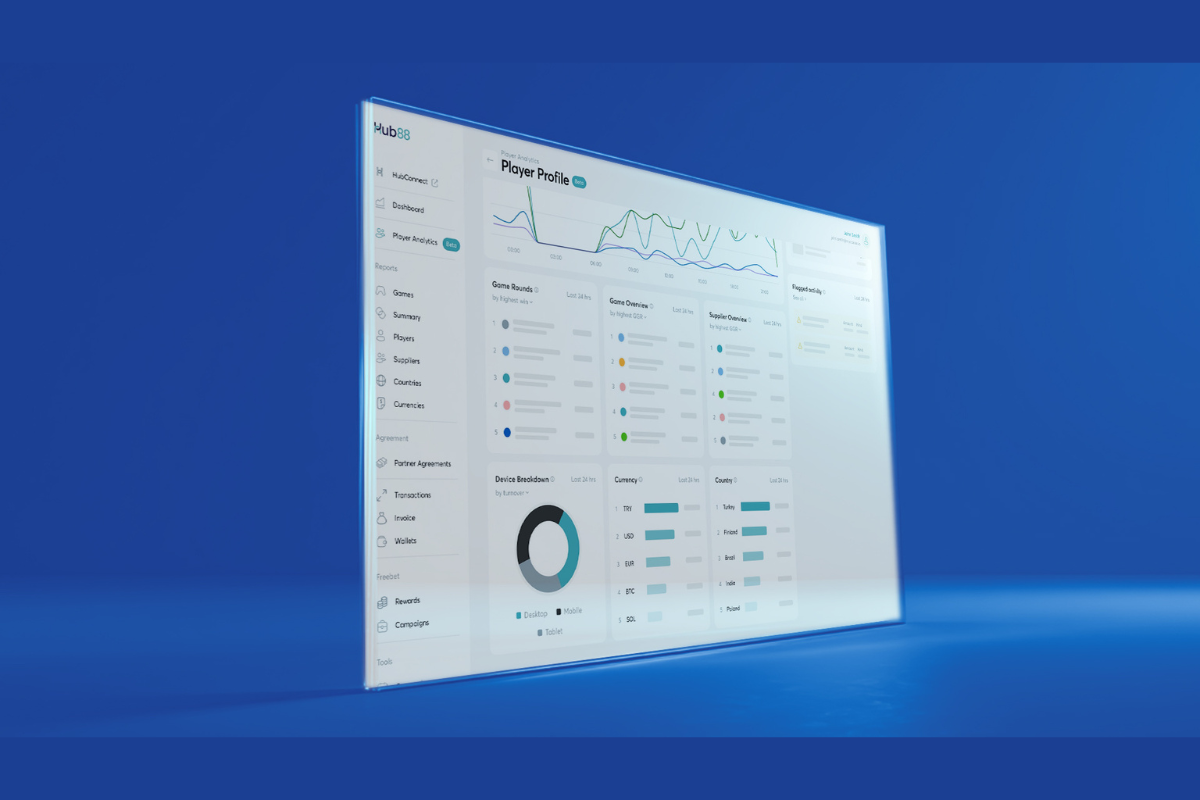
Hub88 has enhanced its Operator Backoffice suite with the launch of Player Analytics, a tool designed to provide operators with a clear, actionable view of player behaviour across their platform.
Traditionally, understanding player activity has been a manual, time-consuming process, often requiring data to be pulled from multiple systems or spreadsheets. Player Analytics consolidates this information into a single interface, improving efficiency and enabling data-driven decision-making.
The tool offers two main interfaces:
-
Table View: Provides broad segmentation and filtering across the entire player base. Operators can sort players by date, product, country, device, currency, or player ID, and save custom segments for ongoing analysis.
-
Player Profile: Delivers a detailed overview of individual users, including gameplay history, KPIs, supplier activity, devices, currencies, geography, and flagged events — all presented via customizable charts and dashboards.
With advanced insights, operators can detect financial spikes or drops, analyze behavioural trends, forecast churn, and identify potential fraud. Linking supplier IDs directly to player activity also helps operators spot inconsistencies and streamline support processes.
Ollie Castleman, Managing Director of Hub88, commented:
“With high volumes of player activity, modern operators are often overwhelmed by raw data. Player Analytics gives teams the ability to understand player behaviour at both a high level and in granular detail, without relying on manual processes or specialists. Operators deserve clarity, speed and actionable insight, and through this new tool, they can make smarter decisions with confidence.”
The launch of Player Analytics reinforces Hub88’s commitment to providing operators with tools that enhance efficiency, support long-term growth, and maximize platform performance.
The post Hub88 launches Player Analytics to give operators complete view of user behaviour appeared first on Eastern European Gaming | Global iGaming & Tech Intelligence Hub.
-

 Amusnet5 days ago
Amusnet5 days agoWeek 7/2026 slot games releases
-

 Aphrodite’s Kiss5 days ago
Aphrodite’s Kiss5 days agoLove on the Reels: Slotland Introduces “Aphrodite’s Kiss”
-

 Latest News7 days ago
Latest News7 days agoWinSpirit’s UnValentine’s Day: A New Take on February Engagement
-

 Denmark6 days ago
Denmark6 days agoRoyalCasino Partners with ScatterKings for Company’s Danish Launch
-

 Booming Games6 days ago
Booming Games6 days agoTreasure Hunt Revival — Booming Games Launches Gold Gold Gold Hold and Win
-

 Baltics6 days ago
Baltics6 days agoEstonia to Reinstate 5.5% Online Gambling Tax From March 1
-

 ELA Games6 days ago
ELA Games6 days agoELA Games Unveils Tea Party of Fortune — A Magical Multiplier Experience
-

 Brino Games5 days ago
Brino Games5 days agoQTech Games integrates more creative content from Brino Games



